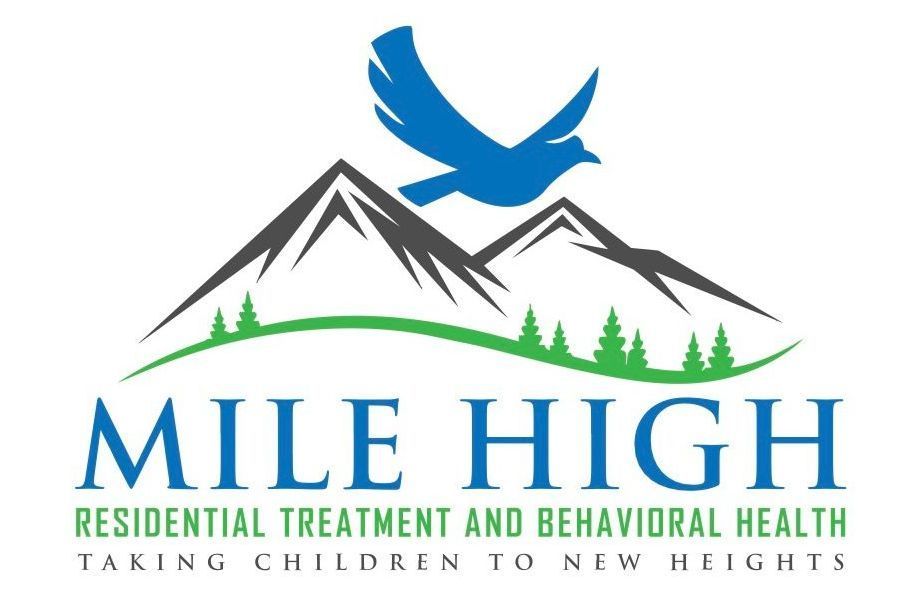Mile High Residential Treatment & Behavioral Health Special Programs
Mile High Jobs Program
Junior Occupational and Business Development Support
Ages 14-18
Foster youth have a difficult time finding employment due to the high level of competition for entry-level jobs. Further complicated by the high cost of living in California, unskilled foster youth often compete with skilled employees who work multiple jobs to maintain the cost of living in California.
In the foster youth community, there is a great need for job preparation, skill development, and understanding of how gainful employment is essential to success in adulthood.
The Mile High Jobs Program is focused on supporting our youth by providing opportunities to develop their career and technical skills and gain employment in a variety of occupational and business fields. By providing training and skill development that leads to job and internship placement, the Mile High Jobs Program seeks to train youth in various vocations, including plumbing, electrical, masonry, and carpentry.
The program also seeks to develop transferable skills such as word processing, office and administrative skills, business etiquette, workplace conduct, universal employment expectations, management, and leadership.
Through classroom instruction and hands-on experiences, our youth will be paired with and instructed by qualified, licensed, journey-level craftsmen and experienced entrepreneurs from various fields. All vocational equipment, including work clothes, boots, and safety equipment, will be supplied to all participating youth.
Entrepreneurship Program
Mile High’s Entrepreneurship Program is designed to instruct youth on how to develop a business plan, acquire a business license, apply for a small business loan (SBL), and become an LLC or corporation.
Emphasis will be placed on business management skills, including taxes, business insurance, hiring practices, payroll, budgeting and accounting, marketing and promotions, and networking.
Each participating youth will develop a "business project plan" with a base budget of five hundred dollars ($500) with the goal of earning one hundred dollars ($100) in revenue, applying the aforementioned skills to keep their company’s accounting books “in the black.”
Partnerships
Mile High Residential Treatment & Behavioral Health’s Executive Director will seek to partner with homeowners, local businesses, and county agencies to acquire work contracts for youth in the program for hourly wages or paid junior internships. Mile High will not profit or charge an administration fee.
All wages or proceeds will be paid directly to program participants in accordance with all state and federal tax laws. Youth under the age of 18 are required to have a work permit to participate.
The Morals, Values, and Standards Therapeutic Program
- Mile High has been instrumental in shaping our residents' fundamental understanding of their morals, values, and standards (MVS).
- Our belief is that by teaching and reinforcing common socially accepted morals, values, and standards, it will result in better assimilation into foster home settings and eventual transition to adulthood.
- Non-minor dependents (NMDs) are especially at risk because they are at the age where poor MVS can have tragic, harsh, and lifelong consequences.
- A large majority of our residents come from situations where there was a lack of basic common standards, parental guidance, or any fundamental family nucleus.
- The common result is the resident has developed his moral compass on his own or with negative social peer groups.
- Other factors include traumatic memories, drug and alcohol use, abuse (verbal, mental, sexual), TV (reality and violent), social media, hardcore and violent music, porn, and violent video games.
Our goal at Mile High is to do a deep examination of how the youth developed his fundamental moral foundation, and through that examination, identify issues that may go against the grain of basic societal norms, traditional family values, workplace etiquette, and the criminal justice system.
In our effort to establish a strong base of morals, values, and standards, we will teach our residents through mentoring, peer coaching, individual counseling, group therapy, classroom work, and lectures.

Share On: